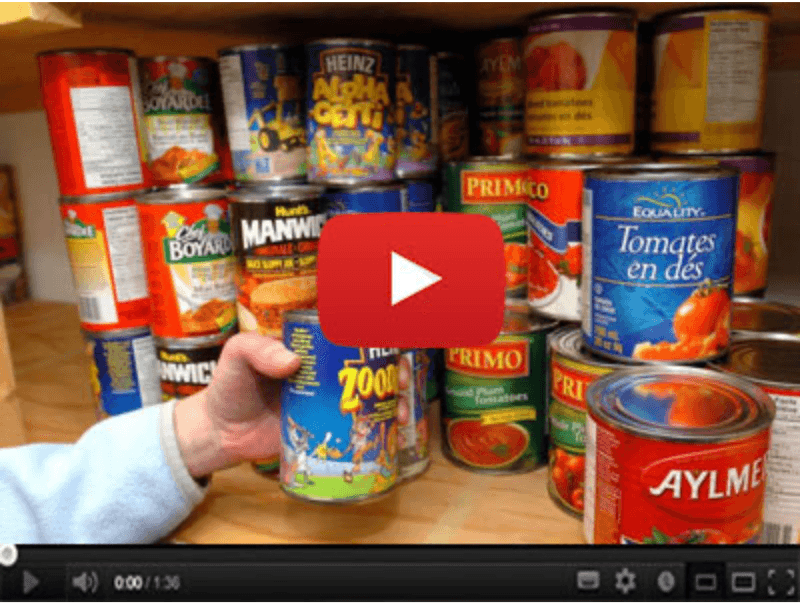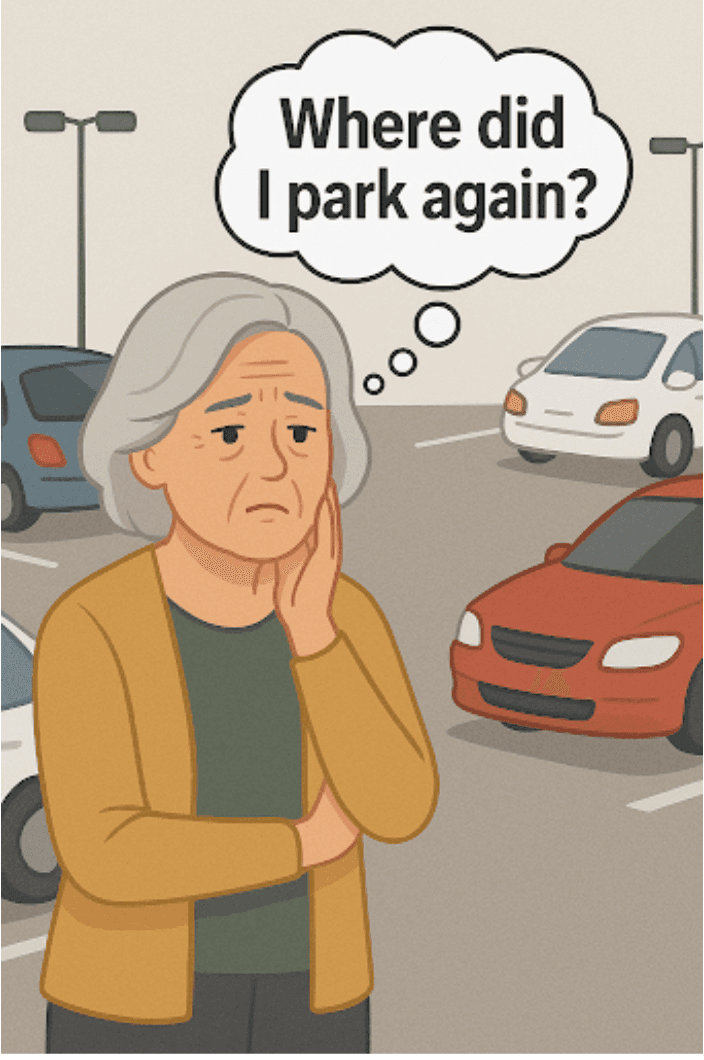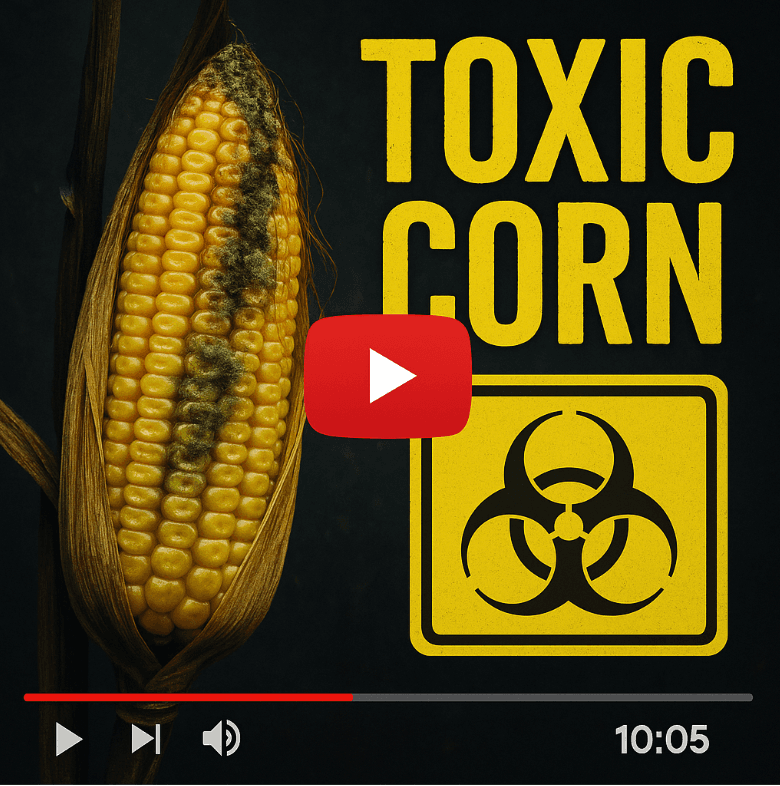Dr. Westman: Doctors Are Wrong About Keto
Dr. Eric Westman discusses the state of nutritional ketosis and its historical perception as negative. He explains that during fasting, the body naturally enters this state, using stored fat for energy. Traditionally viewed as harmful, Dr. Westman argues this mechanism illustrates the body's adaptive capability to use fat, rather than exhibiting any physiological breakdown.
Challenging conventional beliefs, Dr. Westman highlights cholesterol's essential role. He points out that every cell can synthesize cholesterol, critical for transporting fat-soluble substances through the blood. Rather than demonizing it, he encourages viewing cholesterol as a vital player in our biology.
“Cholesterol is so important every cell can make it, and it’s not easy to make. The less of it you eat, the more your body makes it.”
Diet is medicine, Dr. Westman asserts, explaining how appropriate dietary choices empower individuals to take control of their health. Despite many medical professionals focusing primarily on pharmaceutical solutions, he advocates for widespread dietary education to support metabolic well-being, due to the potential for dietary modifications to reverse illnesses traditionally managed by medication.
Encouraging flexibility, ketogenic and carnivore diets are not mandatory cheff - rather avenues to explore potential dietary-induced wellness. By correcting missteps associated with processed carb consumption, Dr. Westman's dialogue outlines accessible pathways to therapeutic lifestyle adjustments.
By fostering nutritional competence, Dr. Westman illustrates how individuals can reformulate healthy food interactions. He acknowledges to educate beyond academia in processed food-dominant societies, intensive focus on diet and evaluation leads to targeted community upliftment.
'Good food is medicine, bad food necessitates medication.' In translating this philosophy, Westman reiterates the transition where enlightenment contamination is repelled by metabolic sensitivity ingrained by purposeful dietary initiative rather than pharmacocratic culture persistently navigating many clinical settings till date.
- Benefits achieved are more cost-effective and accessible to people staying informed regularly about nutritional advancements already available across marketplaces.
From Around The Web
Wellness Inbox is a blog & weekly newsletter that curates trending news and products related to health and wellness from around the web. We also gather content from various sources, including leading health professionals, and deliver it directly to you.
Please note that we may receive compensation if you purchase any products featured in our newsletter. Wellness Inbox is not affiliated with, nor does it endorse, any health professionals whose content may appear in our newsletter. The information provided is for general informational purposes only and should not be considered medical advice.
The information provided is not intended to replace professional medical advice, diagnosis, or treatment. All content, including text, graphics, images, and information available is for general informational purposes only. We do not guarantee the accuracy or completeness of any information presented and assume no liability for any errors or omissions. The content is subject to change without notice. We encourage you to verify any information with other reliable sources and consult your physician regarding any medical conditions or treatments.







